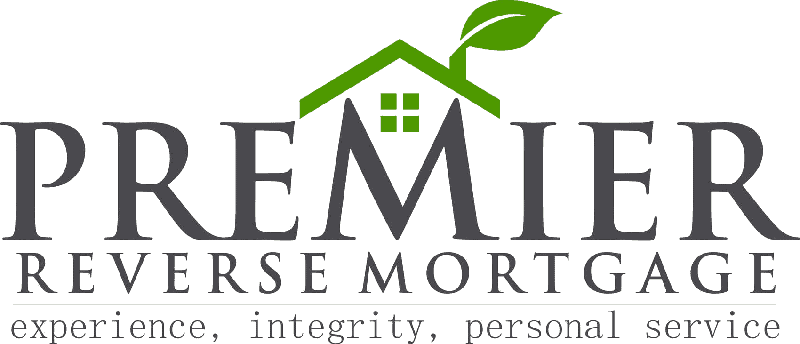What are the Reverse Mortgage Requirements?
By: Kelly South
February 13, 2024 • 2 minute read
Reverse Mortgage Requirements
If you are interested in taking out a reverse mortgage, it’s important to have a thorough understanding of the reverse mortgage requirements.
The most common type of reverse mortgage is the Home Equity Conversion Mortgage (HECM), which allows homeowners to access the equity in their homes without having to make monthly payments.
Key Reverse Mortgage Requirements
Must be at least 62 years old
Your home must be your primary residence
Minimum of 50% equity in your home
Your property must be a single-family home or meet one of the other approved property types.
Pay homeowner’s insurance and maintenance costs
- Age requirements. At least one owner on the title must be 62 years of age or older. If your spouse is also at least 62 years old, he or she can be on the mortgage as a co-borrower.
- Residency requirements. The home must be the primary residence of the homeowners.
- Equity requirements. Typically, you need a minimum of 50% equity in your home, but the exact amount may vary depending on the lender you work with. If you still have an existing mortgage, the money from a reverse mortgage will be used to pay off the current home loan.
Approved Property Types
The property must fall under one of the following categories:
A single-family home
A two-to-four-unit property in which you occupy one of the units
A manufactured home built after June 1976 and that meets HUD’s requirements
Condominiums that are FHA approved
Townhouses
- Reverse mortgage counseling. You must meet with a counselor approved by the U.S. Department of Housing and Urban Development (HUD). This ensures that you understand all that is involved in a reverse mortgage including the process, the terms, your eligibility, financial implications, and alternatives. Most reverse mortgage lenders will give you a list of counselors to contact. You can also obtain a list directly from HUD here.
- Federal debt. You must not owe any money to the federal government such as income taxes or student loans.
- Financial obligations. Homeowners who take out a reverse mortgage are required to continue to pay property taxes, homeowners insurance, and maintain the home, including any necessary repairs and maintenance costs.
- Income and credit. Income and credit score are not required to apply for a reverse mortgage loan. However, most lenders will verify your credit history, income, expenses, and assets as part of the application process.
- Property condition. The property must be maintained and in good condition. An appraisal is typically obtained as part of the application process. Most lenders will allow you to make necessary repairs if needed.
Learn More About Reverse Mortgages
If you have more questions about how a reverse mortgage works and if it is the right choice for you, check out our complete guide to reverse mortgages.
How to Shop for a Reverse Mortgage
If you meet the reverse mortgage requirements and you think it may be the right option for you, the next step is to start shopping around for a reverse mortgage lender.
While you will want to compare fees and interest rates, we also recommend evaluating reverse mortgage lenders based on experience, years in business, customer service, and borrower reviews.
If you are interested in pursuing a reverse mortgage, here are some of the top-rated lenders on Review Counsel:
This information is intended to be general and educational in nature and should not be construed as financial advice. Consult your financial advisor before implementing financial strategies for your retirement.


